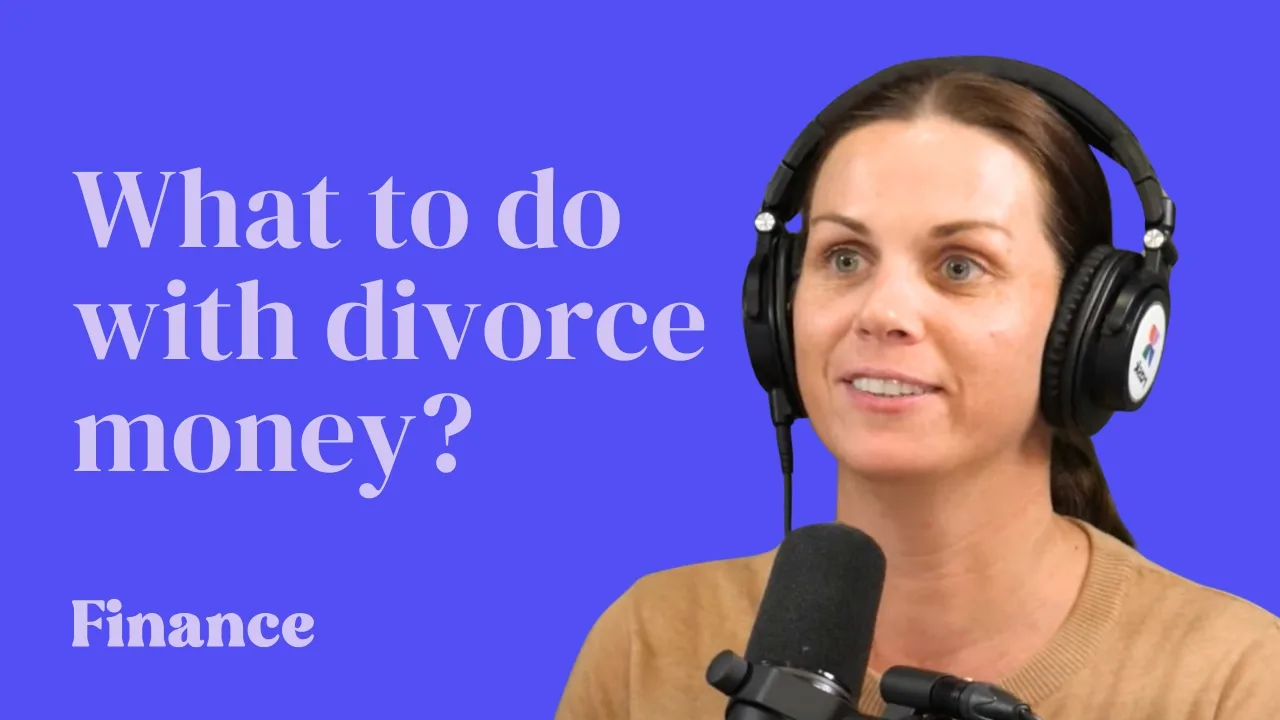Financial wellbeing is a journey, not a destination. And being financially well means so much more than simply the amount of money in our bank accounts.
How you feel about your finances is a crucial contributor to your overall wellbeing. It represents security, freedom of choice, access to opportunities for continued growth, and resources to maintain good physical and mental health.
The COVID-19 pandemic has amplified financial insecurities, but there are actions – big and small – that you can take to improve your financial resilience so you can face whatever life throws at you.
Here are six financial rules to live by
Spend within your means
It goes without saying, your outgoings shouldn’t exceed your income. Spending more than you have can lead to unnecessary borrowing and debt. Sometimes that’s easier said than done. Life has a habit of throwing curveballs; just when you think your finances are on track, an unexpected event can throw everything out of balance.
Creating a budget is an important foundation to help keep your spending within your means. Your budget shouldn’t be rigid: life changes, and so does your income and spending. Review yours regularly, particularly when a big life change happens, such as starting a new job or having a baby.
Prioritise your debt
When planning to pay off debt, doing it in the ‘right’ order means you’ll do it in the most efficient way. People often opt to clear debts with the lowest balance first, as it feels good being able to clear a debt completely. But tackling the most expensive first means you can reduce what you’re paying in interest and pay your debt off faster.
For instance, with a high-interest credit card balance, the more you pay off every month the sooner your overall debt will decrease. Soon more of what you’re repaying will go towards paying off the principal (the amount you actually borrowed) rather than interest charges.
Pay off debts before you start saving
Usually, the interest charged on your debts will be higher than the interest earned on your savings, so it makes sense to pay off your debts first.
In some cases, the difference between the interest you pay and earn can be very high, for example, with a credit card rate of 25% and a savings rate of only 1%.
The 50/30/20 budgeting rule
This popular method can help you balance different priorities, allowing you to meet your spending commitments, enjoy yourself, while also saving for the future too. With this rule, 50% of your salary is for essentials, 30% of your salary is for wants and 20% is for long-term savings and investing goals.
You don’t want to completely eliminate spending on the things you enjoy, but think about where you can cut back or consider a cheaper option.
Build your emergency fund
An emergency fund is there to help you in your time of financial need. It’s a sum of money for you to fall back on if your circumstances change or you are hit by an unexpected expense.
Setting one up is simple. Start with $1,000 and then build up to have between three and six months of your salary in your emergency fund.
Use your extra cash wisely
An unexpected pay rise, bonus or another windfall can easily be spent, either all at once or here and there through everyday spending, leaving you with nothing to show for it at the end.
Treat yourself, but plan how to put the majority of it to better use – something that will move you closer to achieving your financial dreams and goals, for instance, paying off debt, saving for retirement or building your emergency fund.
Life is unpredictable and your financial wellbeing journey won’t always follow a linear path.



